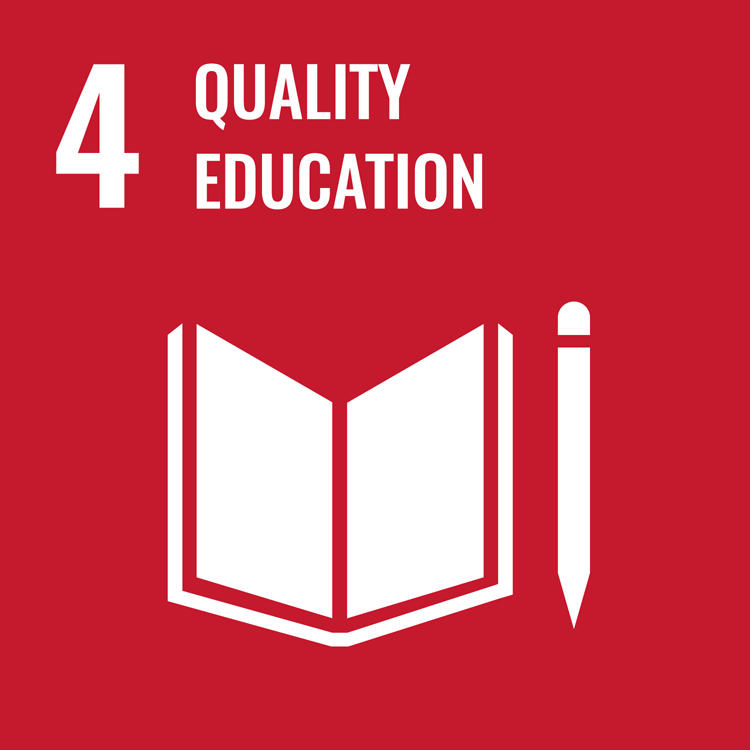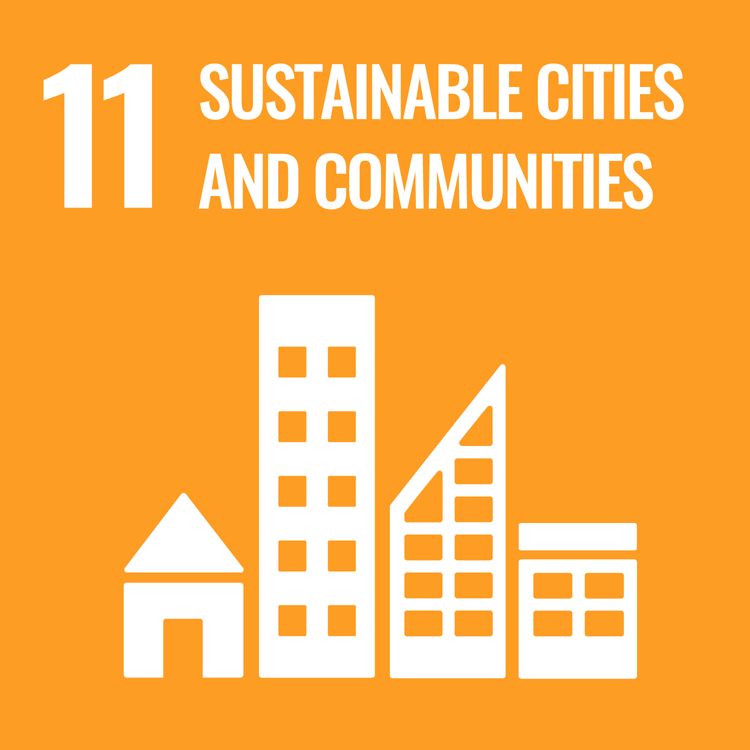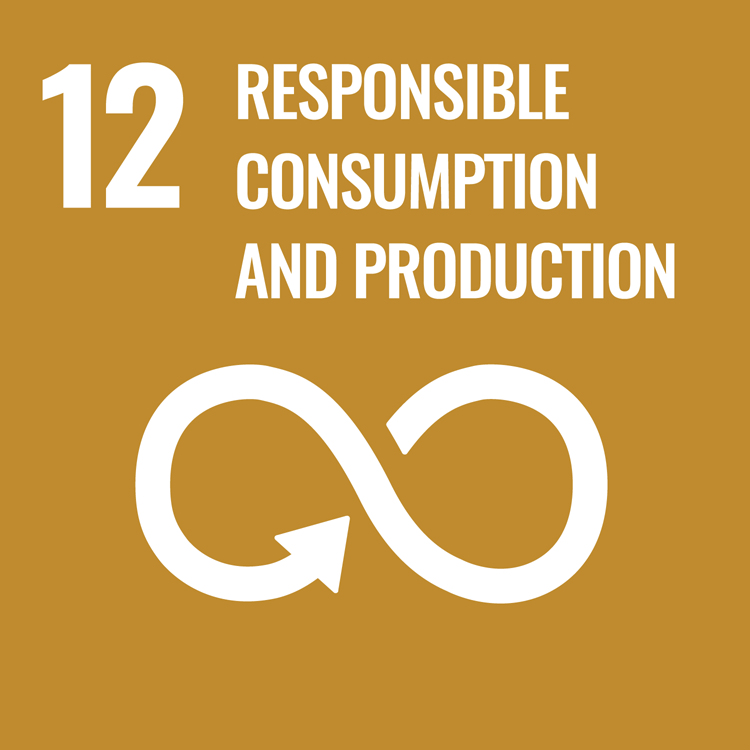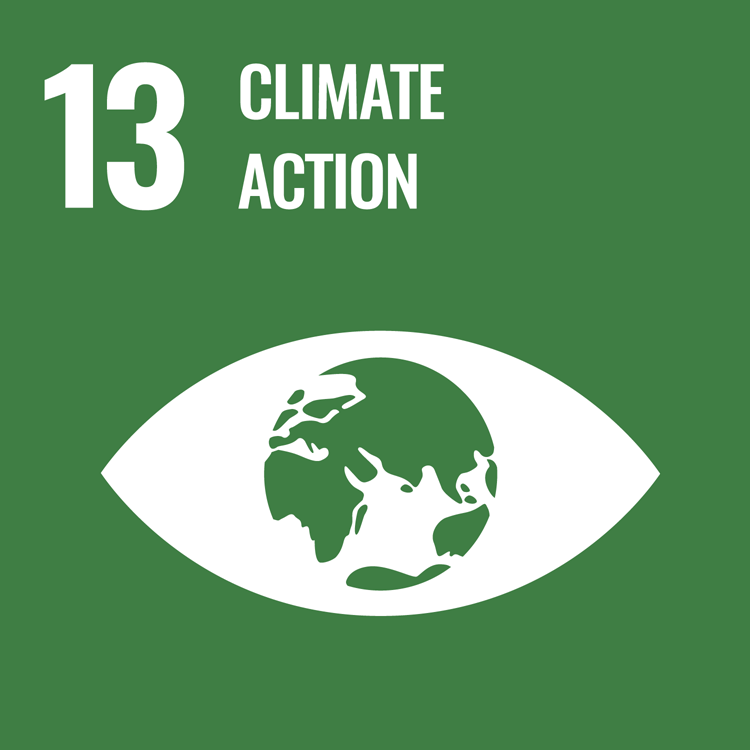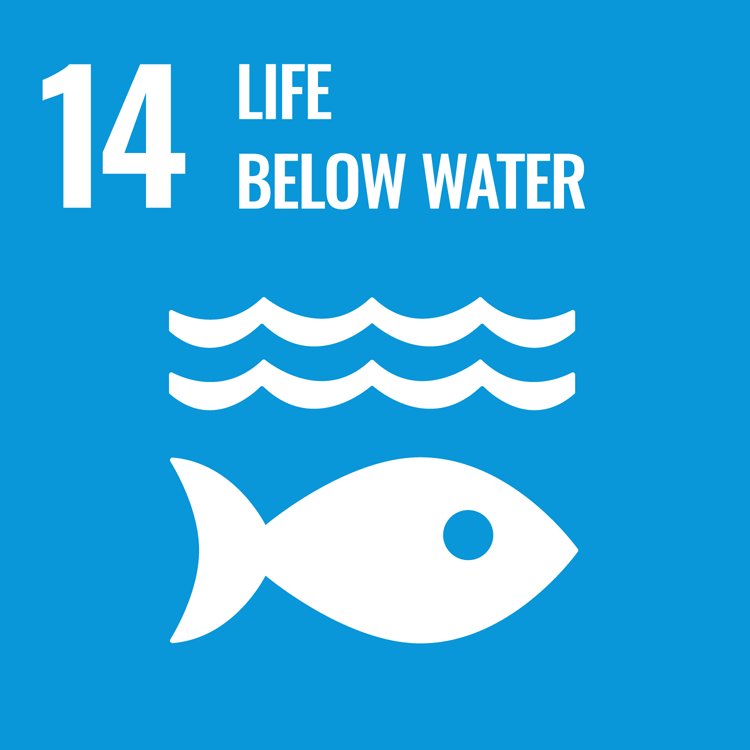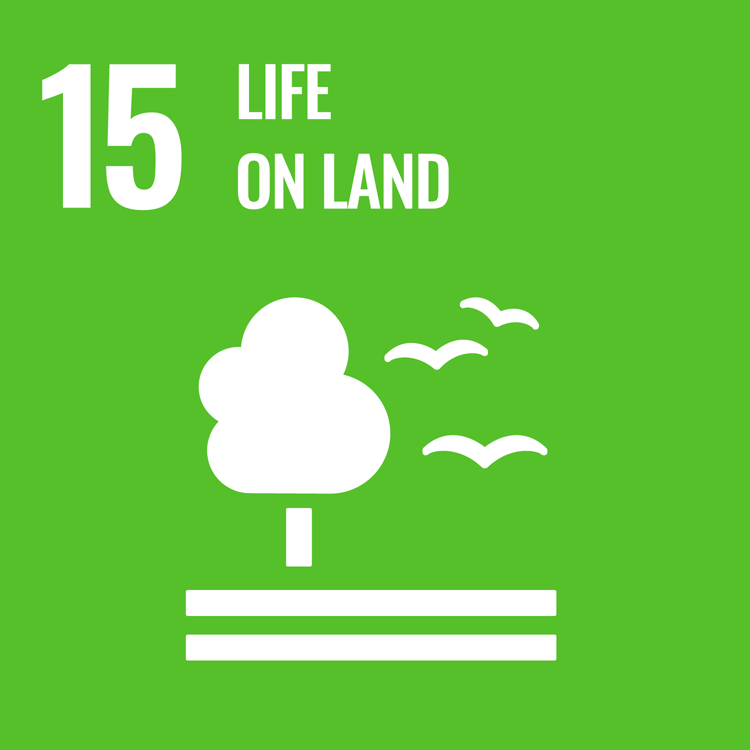What we are doing

Achieving our carbon net zero target
The University of Exeter’s Strategy 2030 builds on the Environment and Climate Emergency declaration made in 2019 and commits the University to leading meaningful action against the climate emergency and ecological crisis. Reducing our own impact is a large part of this, and we have a target to achieve carbon net zero across all scopes by 2030.
Carbon footprint - The University’s total greenhouse gas (GHG) emissions are reported in line with the GHG Protocol Corporate Standard.
Our approach
Scope 1 and 2 emissions
- The Infrastructure Decarbonisation Masterplan (IDM) is our evolving programme of works to deliver multiple projects focussed on reducing fossil-fuel consumption and energy-related carbon emissions across our estate.
- Workplace 2030 aims to transform our Exeter campuses, ensuring that we are using our buildings effectively and efficiently. We plan to decarbonise and enhance the buildings, so that we can help transform the on-campus experience for our colleagues and our students and make substantial environmental gains.
- University greenhouse emissions for our 2018/19 baseline year totalled 14686 tCO2e
- University greenhouse emissions for our 2022/23 year totalled 11,186 tCO2e
Scope 3 emissions
-
University greenhouse emissions for our 2022/23 year totalled 92,455 tCO2e
Multiple programmes of work that focus on changing our ways of working to be more sustainable and embedding sustainability into University culture. Several policies and plans support this work and further information on specific initiatives can be accessed using the following links:
- Commuting (coming soon)
- Procurement
- Investments
- Waste (coming soon)
- Water (coming soon)
Our focus is on reducing our direct emissions, but there will be a role for offsetting as part of achieving our carbon net zero target. An Offsetting Task and Finish Group is utilising our own academic expertise to develop our Offsetting Strategy.
Progress against our net zero target is contained in our annual report.
Environmental Management System
An Environmental Management System (EMS) is a formal system which enables organisations to control and improve their environmental performance and ensure we comply with environmental legislation. Environmental Management Systems are based on the Deming Cycle of Continual Improvement and are similar to systems used for health, safety and quality management.
The University of Exeter has implemented an EMS for Finance, Infrastructure and Commercial Services (FICS) certified to ISO14001. The FICS Environmental Management Policy outlines the goals, responsibilities, aims and commitments that have been adopted within the EMS to cover the activities, services and operations within FICS. It is one part of the University's wider Environment and Climate Emergency (E&CE) response and action.
The University is now working on extending the EMS to all faculties and divisions across Exeter campuses, in support of the Environmental and Climate Emergency Policy aims:
- Aim 3: Demonstrate commitment to managing, minimising and mitigating the impacts from operations, activities, research and education.
- Aim 6: Demonstrate compliance with all relevant legislation as a minimum, and where possible go beyond it.
The EMS helps identify areas where efficiency can be improved and savings made. Areas where tangible benefits and financial savings can be achieved are waste management, energy consumption, transportation, packaging and materials use.
The other major benefits are:
- improved compliance with environmental legislation
- regulator assurance
- reduced insurance risks
- reduced environmental risk
- demonstration of environmental commitment to stakeholders
- support funding bids and invitations to tender
- demonstration of green credentials to attract staff, students and business customers
- enhanced environmental awareness within the University community
- opportunities for research and student projects
- consideration and identification of our environmental impacts and aspects
Further information, including EMS procedures and supporting documentation, is stored on SharePoint and accessible to University of Exeter colleagues. This site is managed by the Sustainability team. For further information or queries relating to the EMS, please contact our Sustainability team: sustainability@exeter.ac.uk
Sustainable Development Goals (SDGs)
The United Nations Sustainable Development Goals (SDGs) are a set of 17 goals which provide a shared blueprint for peace and prosperity for people and the planet, now and into the future. They are at the heart of 'The 2030 Agenda for Sustainable Development', which was adopted by all United Nations Member States in 2015.
The University of Exeter has joined the prestigious Worldwide Universities Network (WUN). Through its Research Development Fund, WUN supports collaborative research that echoes the main pillars of the University of Exeter’s Strategy 2030 – working towards a greener, fairer and healthier future for all. Its research addresses the overarching themes of sustainable development, including: social justice, human rights, inequality, sustainable world cities and urbanisation, energy transitions, water and food security, mental health, child and maternal health, ageing, and responsible and ethical use of computing, artificial intelligence, information security and privacy.
In short, the SDGs provide a blueprint for sustainable development and a sustainable future, which set out targets to end poverty, protect the planet and achieve prosperity for all by 2030.
The University of Exeter signed the Sustainable Development Goals Accord in 2019, committing to report on the SDGs on an annual basis and beginning the process of embedding the SDGs in the curriculum, research and wider activities at the University. In addition, we also participate in the annual SDG Teach In.
With the backdrop of the climate and ecological crisis, inequality, and poverty, the transition to a more sustainable way of life is more important than ever and education is key to catalysing shifts towards more sustainable behaviours and lifestyles.
As a University we are committed to embedding the SDGs across all courses and the experience of our staff and students. To support this we have created 17 Vodcasts - one for each SDG - to highlight how we are approaching and contributing to the delivery of each.



